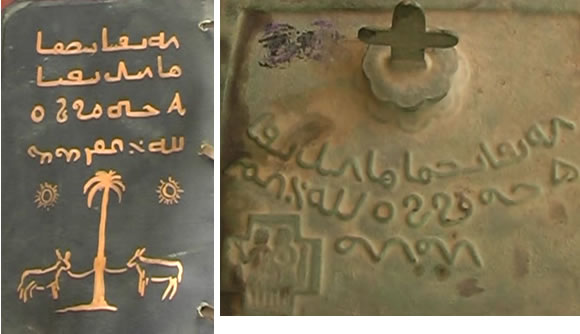I came across an interesting article today about efforts to revitalise Tlingit in Alaska. It mentions how some Tlingit speakers are unwilling to speak their language to their children and grandchildren because they were punished for speaking it when were at school. This resulted in feelings of shame for the Tlingit language and culture which have left deep psychological scars which need to be addressed. The piece suggests that talking about these experiences and feelings can help to overcome them. Many language revitalisation efforts face similar problems.
Another article I found talks about the setting up of a language revitalisation program in Alsaka that was recently launched. A comment on the article suggests that the best way to revitalise a language is for parents and elders to speak to children in their native language while doing every day activities. This is true, however the parents and elders aren’t always willing to do this for the reasons mentioned in the first article.
